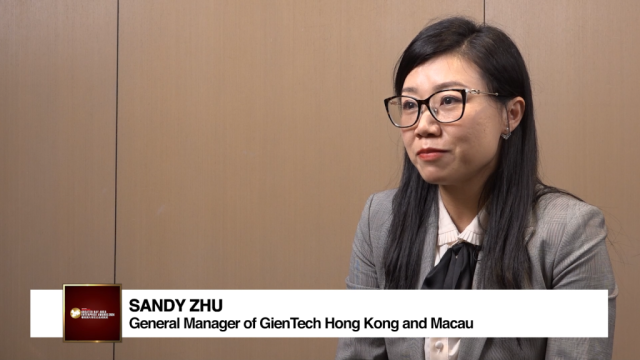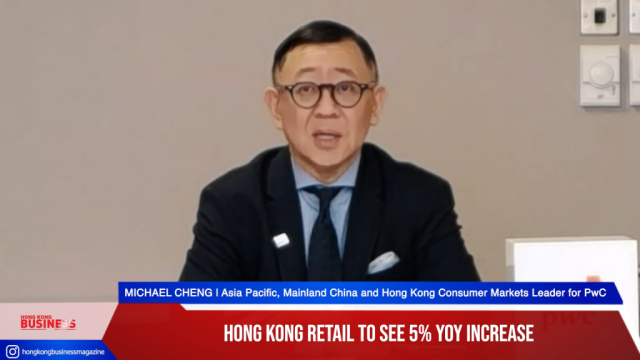
60% of Asia-Pacific companies bullish over increase in strategic sales
Companies will be more involved in divestments.
Divestments will be a core component of companies’ capital strategy in the next year as management teams address pressure to improve portfolio performance and shareholder returns.
According to a release from EY, based on its Global Corporate Divestment Study 2015, nearly two-thirds of executives in Asia-Pacific (60%) expect the number of strategic sellers to increase in the next year, compared to 54% globally.
For those willing to divest, buyers are on the hunt. Nearly half (47%) of companies in Asia expect the number of unsolicited approaches to increase in the next year.
Given the potential benefits of divesting assets, 38% of companies in the region say that even if they weren’t looking to divest, they would be willing to sell at a premium of 20% or above, and another 31% are willing to do so within the 20% range.
Here's more from EY:
Divesting in order to grow -For many companies, divestments are a key path to achieving growth, and 86% of respondents in Asia used funds from their most recent divestment to invest in future growth opportunities.
Specifically, 32% invested in new products, markets, or geographies; 28% reinvested the funds back into the core business; and 26% made an acquisition. The financial benefits of divestments are undeniable considering more than two-thirds (69%) of companies in the region saw an increased valuation multiple in the remaining business after their last asset sale.
To stay competitive, many companies seek the flexibility necessary for growth by stripping down to their core strengths and offerings. Asset’s weak competitive position in the market (50%) and not being part of the core business (46%) are among the most popular reasons that executives in Asia initiated their most recent divestment.
According to Mr. Vikram Chakravarthy, Asia-Pacific Capital Transformation Leader at EY, Asian companies are divesting to improve focus on their core business. “Pruning non-core units on a regular basis allows these companies to reduce their complexity and enables them to allocate capital to growth businesses. For the divested units, they may have better fit with other companies that are able to help them achieve their full potential,” he says.
“Reallocating capital from non-core to core business and core business adjacencies will be the name of the game in 2015,” says Ms. Pip McCrostie, EY’s Global Vice Chair, Transaction Advisory Services. “Mega trends such as sector convergence, technological change, cloud computing and digital are causing companies to continually assess their core businesses and value chains. The result may lead to an unprecedented level of portfolio turnover.”
Activist shareholders driving divestment activity - Shareholders’ demands will continue to be one of the major divestment drivers this year as 44% of participants in Asia-Pacific indicate that investor activism influenced their most recent decision to divest.
Pip says: “Shareholder activists are bolder than they have ever been, and they leave no stone unturned in their hunt for untapped value. Divestments will continue to be fueled not only by activists’ demands, but as a result of management teams’ preemptive portfolio reviews and ongoing portfolio fine-tuning.”
Thorough preparation is a must - The study revealed that while many executives follow best practices for portfolio review, 64% of the respondents in Asia acknowledge that they do not conduct portfolio reviews frequently enough, and 58% report that preparing profit or cash flow forecasts for business units would improve their review process.
At the same time, 51% indicate that business analytics would make their portfolio assessment more effective. Companies whose divestments resulted in higher valuation multiples on their remaining business were 60% more likely to have used strong analytic tools than lower-performing companies.
“Without diligent, frequent portfolio reviews that involve concrete data and advanced analytics, executives can wind up leaving money on the table if they do not understand what a business might be worth,” says Mr. Stephen Lomas, EY’s Asia-Pacific Divestiture Advisory Services Leader, Transaction Advisory Services.
“As companies in Asia are expecting a higher number of willing strategic sellers than their peers around the globe, it is especially vital for them to be planning in advance in order to take full advantage of the increasing number of divestment opportunities.”
Old growth strategies are no longer appropriate - Stephen continues: “As the global economy settles into its new growth pattern, the winners will be companies that recognize when their old growth strategies are no longer appropriate and make informed decisions tied to portfolio rebalancing.”
Vikram concludes: “Divestment activity in Asia is expected to increase in the coming years. For divestment to be successful, sellers need to embrace proper planning and support through the entire process to significantly increase value released through better guidance. Successful sellers are more likely to rigorously manage the execution timeline, define perimeter of business for sale early on, optimize the tax structure pre-sale and pay attention to IT separation needs.”
Companies have a strategic imperative to make portfolio decisions now. While nine industries are represented in the Global Corporate Divestment Study, six key sectors are discussed in more detail in our spotlight reports: consumer products, diversified industrials, financial services, life sciences, oil and gas, and technology.






















 Advertise
Advertise









